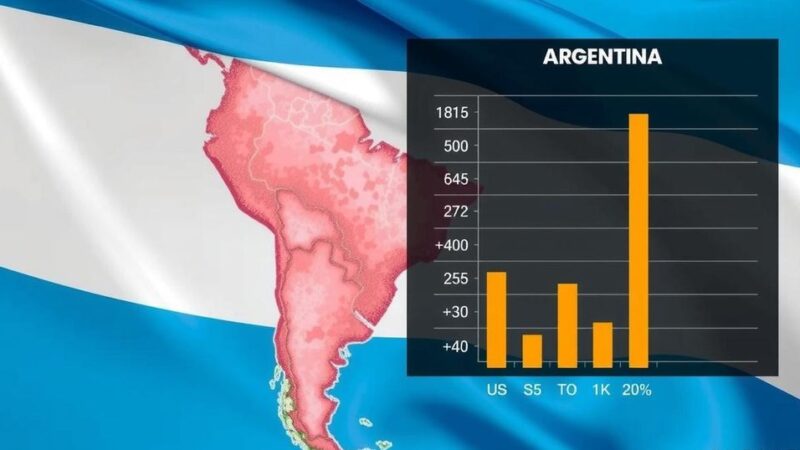The Democratic Republic of Congo is suing Apple for allegedly using conflict minerals in its supply chain. This unprecedented lawsuit aims to hold technology companies accountable for their sourcing practices in Central Africa, a region plagued by illegal mining and human rights violations. The implications of this case could lead to significant changes in the industry and greater transparency regarding the use of conflict minerals.
The Democratic Republic of Congo (DRC) is instigating a landmark legal case against Apple, alleging the company’s involvement in the illicit sourcing of conflict minerals. This case highlights the ongoing strife surrounding the mining of ‘blood minerals’ in regions afflicted by conflict. In discussions with Gregory Mthembu-Salter, an authority on the political economy of Africa, the implications of these allegations and the potential for accountability within international supply chains are critically explored.
Conflict minerals, as defined by the Organisation for Economic Co-operation and Development (OECD), include tantalum, tin, tungsten, gold, cobalt, coltan, and lithium—essential components in the production of smartphones, electric batteries, and various technological devices. These minerals are primarily located in the African Great Lakes region, particularly in the eastern DRC, where illegal mining operations have become rampant.
Non-governmental organizations, such as Global Witness, have actively pursued the eradication of such exploitative practices. However, a 2022 Global Witness report indicated that major companies, including Apple, Intel, and Tesla, continue to utilize these minerals without adequate oversight. Despite Apple’s claims of no longer sourcing minerals from Central Africa, skepticism remains regarding their supply chain practices.
The ongoing trial against Apple in Europe aims to address these grievances. Legal experts have characterized the complaints as matters of significant public interest, emphasizing a growing demand from European consumers and organizations for ethical accountability in mineral sourcing. This case may potentially catalyze a wave of similar legal actions against technology firms involved in the supply and procurement of conflict minerals.
The DRC has long faced challenges associated with the mining of conflict minerals, which often fuel violence and human rights abuses in local communities. Conflict minerals refer to resources extracted from war-torn regions, which are sold to finance armed conflict. These materials are crucial for modern electronics and technology, thereby creating an intricate relationship between mining practices and global markets. Various regulatory efforts have been proposed to improve transparency and ensure companies are held accountable for their supply chains, but significant issues remain unaddressed. This legal initiative represents a crucial step toward advocating for reform in corporate practices, ensuring that technology giants align their operations with ethical standards.
The Democratic Republic of Congo’s legal action against Apple signifies a critical moment in the fight against the exploitation of conflict minerals. The scrutiny of international companies is increasing, pressing them to reassess their supply chains and practices. This case could set a precedent for further accountability and prompt meaningful reforms to deter illegal mining practices in conflict-affected regions, offering hope to communities impacted by such exploitation.
Original Source: www.rfi.fr







